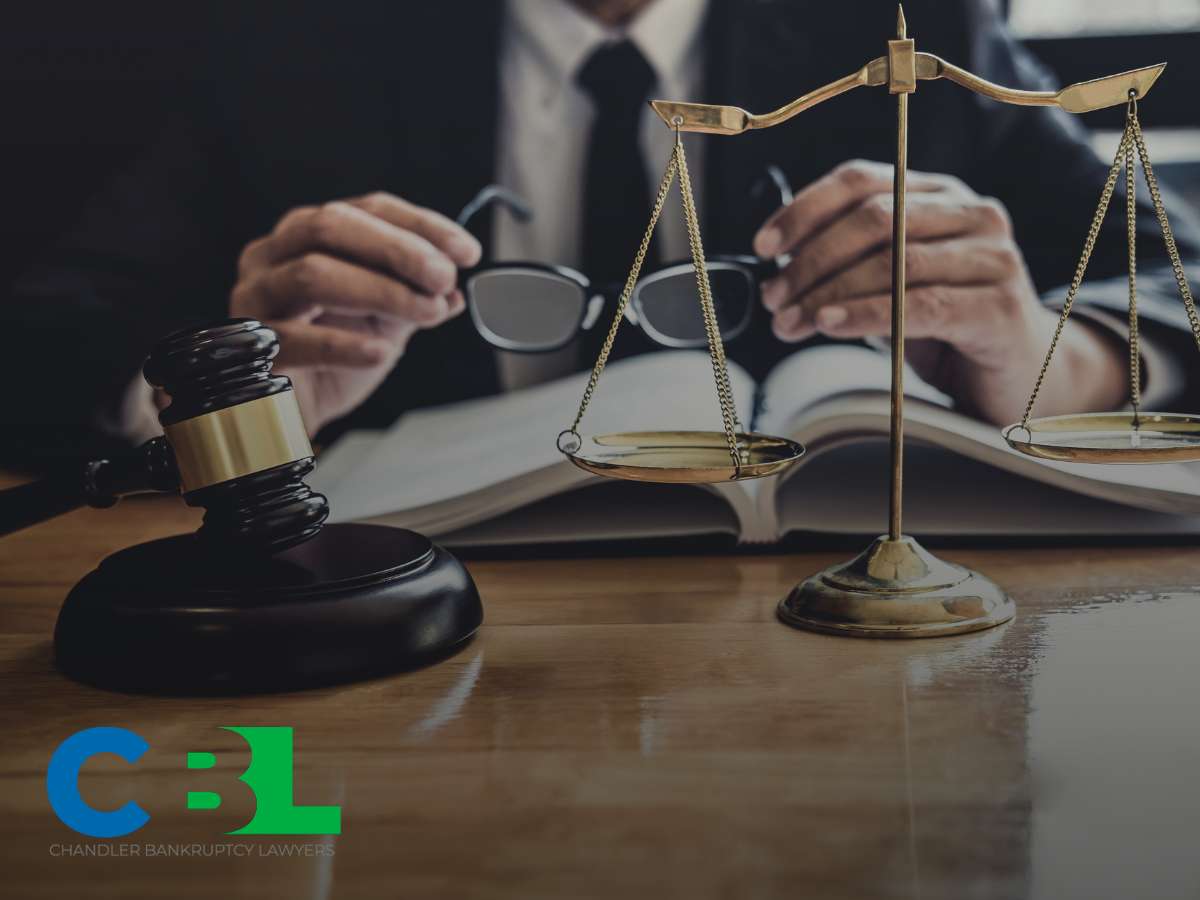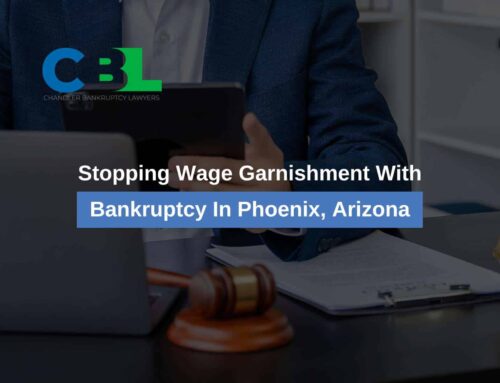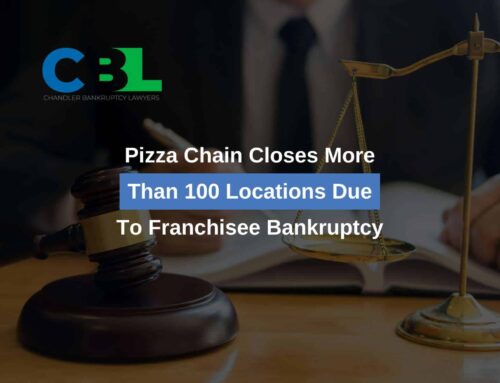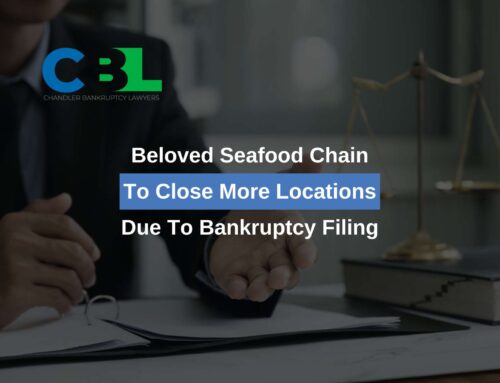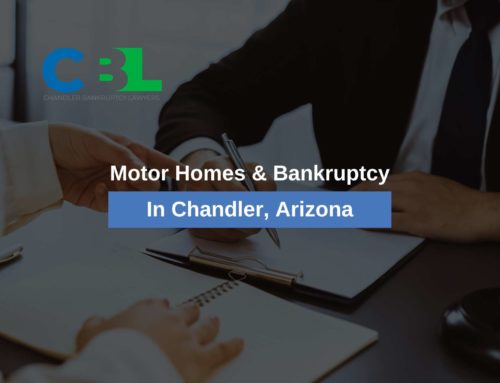Even occasional radio listeners can probably tell you a few of their favorite local radio stations. But many people only use radio in their cars, and more and more people nowadays work remote and rarely even get into their vehicles. When they do, they are inundated with more choices than ever like music streaming services and podcasts. When less people listen to the radio, that also means advertisers spend less on radio placements. That, in turn, means less revenue for radio stations and the larger companies that own them.
Audacy is the radio giant company you may have never heard of but owns hundreds of radio stations across the country. It even owns the Valley’s 101.5, which mostly plays Top 40 hits. It has issued a statement acknowledging its debts and impending chapter 11 bankruptcy filing. This goes to show that even massive companies can struggle with debts and benefit from court protections for debtors who submit bankruptcy petitions. You as an individual may also benefit from the bankruptcy process. If you’re looking to learn more about bankruptcy and plan to file in Tempe, Mesa, or Chandler, our firm can assist. To schedule your free phone consultation, call 480-780-2211.
Audacy’s Chapter 11 Bankruptcy
Despite owning more than 200 nationwide radio stations, Audacy issued a statement in January 2024 that it will be entering chapter 11 bankruptcy. The reason it is using chapter 11 rather than one of its other bankruptcy counterparts is that chapter 11 bankruptcy allows business debtors to restructure their companies. This means creating a new business plan instead of going out of business. Chapter 7 bankruptcy forces a business to shut down, and chapter 13 bankruptcy is largely unavailable to business debtors. Many types of businesses have created a new strategy and become profitable again after chapter 11 bankruptcy, especially since the COVID-19 pandemic. Some of them include:
- Revlon
- 24 Hour Fitness
- Lucky Brand Jeans
- Neiman Marcus
- Best Buy
- Forever 21
- Marie Callender’s
- Purdue Pharma
- Necco Wafers
- Winn Dixie
In chapter 11 bankruptcy, businesses that don’t qualify for a small business case or subchapter V filing will need to go through the creditor committee process. The debt limit for a small business case is $3,024,725, and $7,500,000 for a subchapter V case. When a chapter 11 debtor doesn’t qualify for these procedures, their primary creditors, or the creditors to which they owe the most money, will make up a committee. While the business will retain control of its normal operations, the committee can stop the business from taking several actions, such as buying or selling properties or equipment, taking out new loans, and more. This continues until the bankruptcy debtor and creditor committee can come to an agreement on how the debtor will emerge from bankruptcy. Audacy will be converting most of its debt into equity, which is a common way for businesses to emerge from chapter 11 bankruptcy. Audacy currently has $1.9 billion in debt, but after the equitization, it will only have $350 million in debt. The deal is not anticipated to affect other debtholders, partners, or employees.
How Chapter 11 Differs From Chapter 7
Both consumers and businesses can use both chapter 11 and chapter 7 bankruptcy. It should be noted that chapter 11 is often too much for standard consumers in terms of complexity and cost. A debtor must pay $338 to file for chapter 7 bankruptcy, but a chapter 11 bankruptcy debtor must pay a $1,167 case filing fee and a $571 administrative fee. The costs of legal representation will vary by bankruptcy case, but you can generally expect chapter 7 representation to be much more affordable than chapter 11 costs. A chapter 11 bankruptcy case can have variable length- there are so many factors that can impact if and when a case is discharged. Chapter 7 bankruptcy cases tend to be much shorter, with the average case being discharged within 3-6 months.
Creditors can still get involved in a chapter 7 bankruptcy case, but they won’t form a creditor committee like in chapter 11. A creditor might file a motion for relief from the automatic stay, which would allow them to proceed with a collection action against the debtor while the case is still active. A creditor can also attend the 341 Meeting of Creditors and ask questions about the case, or even object to their debt being included in the discharge. If this occurs, the debtor will need to attend an adversary proceeding on the matter.
Audacy will still have a significant amount of debt after its chapter 11 bankruptcy has been discharged. Chapter 7 bankruptcy cases have more uniform outcomes. All unsecured debts (with non-priority status) will be discharged in chapter 7. Some of the most common types of debts that are discharged in chapter 7 include medical debts, credit cards, and personal loans. It should be noted that secured debts like title loans won’t be discharged by chapter 7, and neither will priority debts like child support and student loans.
A business that files for chapter 7 bankruptcy must close down its operations. This is the end of the line for some businesses, but others may be relatively easy to reopen with a new name. If you are considering filing for bankruptcy as a small business owner in Mesa or Chandler, call 480-780-2211 for your free consultation.
Reorganizing Debts With Chapter 13
Not everyone qualifies for chapter 7 bankruptcy, or they may have debts that aren’t served well by filing for chapter 7 bankruptcy. While filed less frequently than chapter 7, chapter 13 bankruptcy can provide great relief to a debtor struggling with many types of debts. Chapter 13 bankruptcy turns debts into a payment plan. That plan lasts 3 years for debtors whose income falls below the state median income, and 5 years for debtors whose income exceeds that number. This payment plan will take care of the debtor’s expenses like secured debts and priority debts. Depending on how much time is left in their payment plan after mandatory debts have been repaid, some or all of their unsecured debts can be erased.
Chapter 13 is a commitment of several years whereas chapter 7 bankruptcy is only a commitment of several months. The payment plan must be formulated correctly for the debtor to reap the full benefits of chapter 13. The failure rate for self-represented debtors is already high for chapter 7, but at almost 100% for chapter 13 debtors. It is generally recommended to speak with an Arizona bankruptcy attorney before filing a petition under either chapter- to schedule your free consultation with our firm, call 480-780-2211.
Deciding If You Should File For Bankruptcy In Tempe Or Chandler? Start With Your Free Consultation.
Our bankruptcy team based in Maricopa County is equipped to handle a wide array of bankruptcy issues. We can also assist you with any questions or concerns you may have about filing chapter 7 or chapter 13 in Tempe and Chandler. Many of our clients qualify to file with our firm using our Zero Down payment plan option. To learn more, contact us now or schedule your free consultation by calling 480-780-2211 at Chandler Bankruptcy Lawyers.
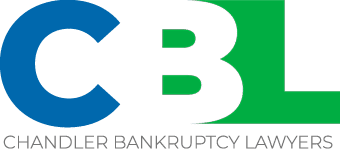
CHANDLER BANKRUPTCY LAWYERS
1731 West Baseline Road #101
Mesa, Arizona 85202
Phone:480-780-2211
Email: [email protected]
Website: www.chandlerbankruptcyattorney.co
Additional assistance is available from our Arizona Bankruptcy Experts:
Gilbert Bankruptcy Attorneys
Tucson Bankruptcy Lawyers
Glendale Bankruptcy Lawyer
Chandler Bankruptcy Lawyer
Tempe Bankruptcy Lawyers
Arizona Bankruptcy Attorneys

